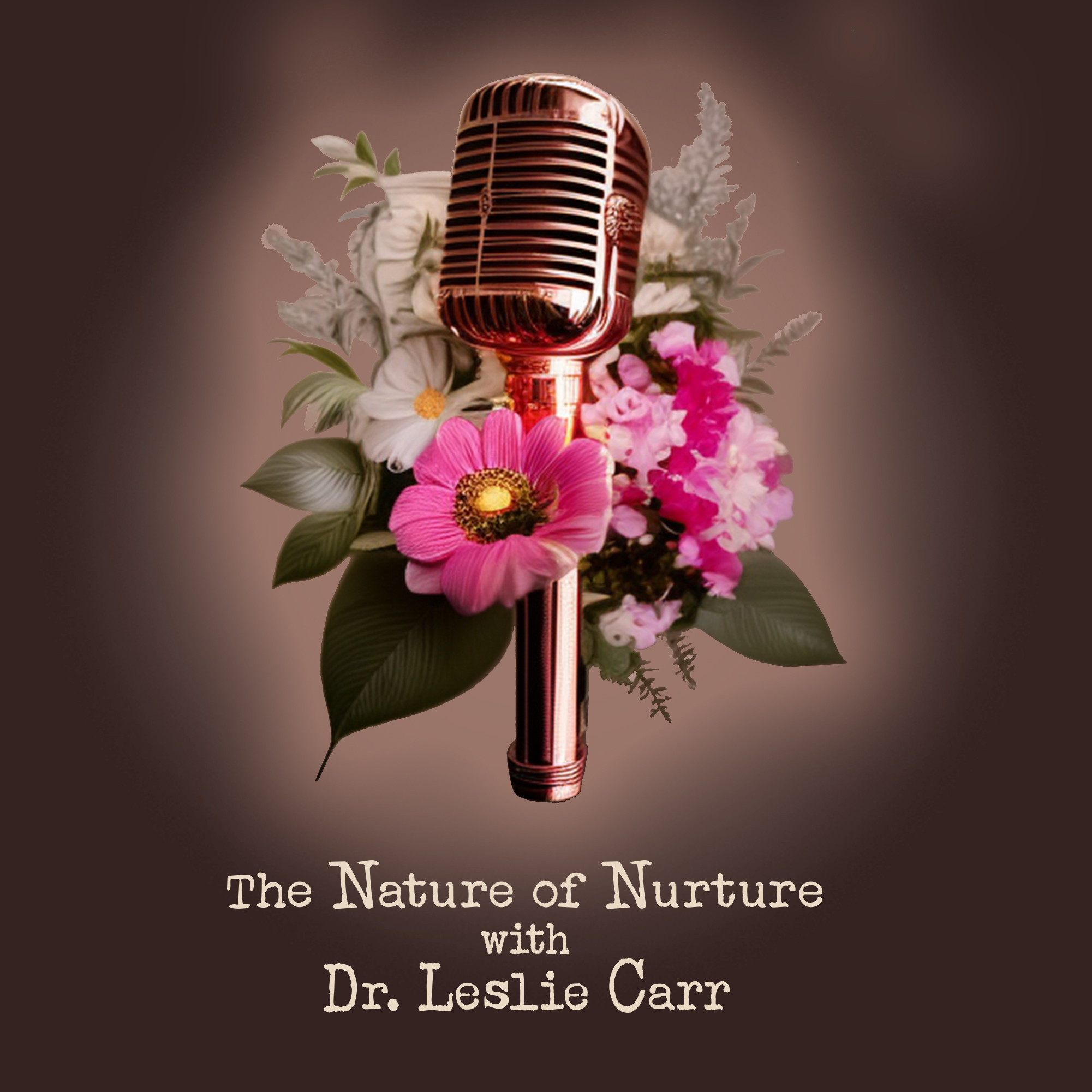If I had a nickel for every time someone asked me whether their thoughts, feelings, or behaviors were “normal,” I would be a very rich woman and I could afford to give away all of my services for free.
To be honest though, I don’t even know what that word means anymore. To assume that there’s such a thing as normal, we need to first accept the underlying premise that there’s an objective standard out there with which to compare ourselves. With seven billion people and counting on this planet, however, each with our own unique histories and idiosyncrasies, I just don’t know who or what that reference point would be.
I see the temptation, of course, but in all my years of life and work I have never found one person who had it all figured out on every level. We all have our quirks, and whenever I hear things couched in terms of “normal vs. abnormal” it just makes me think that things are being conceptualized in entirely the wrong way.
I’ll Tell You How I Look At It:
I prefer to think of each person as being like soup. (Yeah, I said it.) You start with the stock, and then you add your ingredients – and no two hand-made soups are ever totally the same. In that space, we each become like our own little universes – with totally unique histories and experiences, and what’s normal for each of us is highly contextualized.
Now that’s not to say that certain things aren’t truly abhorrent or pathological. I don’t live in a vacuum where I think that nothing bad ever happens – but for us every day folk who are walking around and minding our own business, wondering whether we’re normal or not, we’re probably framing the question wrong.
For example, 60% of women in the US have eating disorders, so if we’re operating with statistics and basing “normal” on numbers – it would appear that it’s decidedly normal to have an unhealthy relationship with food.
With that in mind – perhaps the better questions are:
- Are you hurting yourself?
- Are you hurting someone else?
- Could life be better for you if you thought, felt, or behaved differently?
I’ll offer you a somewhat extreme example to clarify my point:
My interest in psychology came early, and the summer after my freshman year in college I took a job as a mental health worker at a local psychiatric hospital, helping to take care of people with severe mental illness on locked inpatient units. It’s common in settings like that to work with people who have schizophrenia and other psychotic disorders, the kinds of diagnoses that come when a person hears voices and sees things that others don’t see. (When you encounter a homeless person walking down the street and talking to him or herself, for example, that person is most likely psychotic and responding to auditory hallucinations. Schizophrenia is just one diagnosis in the family of psychotic disorders.)
Before I started working at the hospital I remember having questions about the nature of psychosis. Demonstrating both my budding ability to “think outside of the box” – as well as my profound naivete – I remember thinking to myself, “Who are WE to say that a schizophrenic person is hallucinating? Maybe we just can’t see what they see, or hear what they hear? That doesn’t mean it isn’t there. How arrogant of us, the main stream establishment, to think that our version of ‘reality’ is what’s right!”
After a couple of months of working there, however, I came to a significant realization that forever changed my understanding of health and illness — and that is that the question isn’t about who gets to determine what reality is, the question is about suffering – and all of the philosophical masturbation in the world wasn’t going to change the fact that these patients were often terrified, taunted, and internally persecuted. Likewise, I’ve come to find that the greater question isn’t about what’s normal, but about what’s healthy (which is very individual), and it’s about whether or not we’re suffering (or whether those around us are suffering at our hands).
Here’s my question for you:
If you’ve been comparing yourself to others, and wondering whether you’re “normal,” can you flip the script? Can you instead simply wonder what it would take for YOU to live your best life?
We may be surprised to learn that we’re all more similar than we are different, and what we need most is to be kind to ourselves.
Want to comment on this article? Sign up for my newsletter to join the Facebook group that I have set up just for subscribers!


















